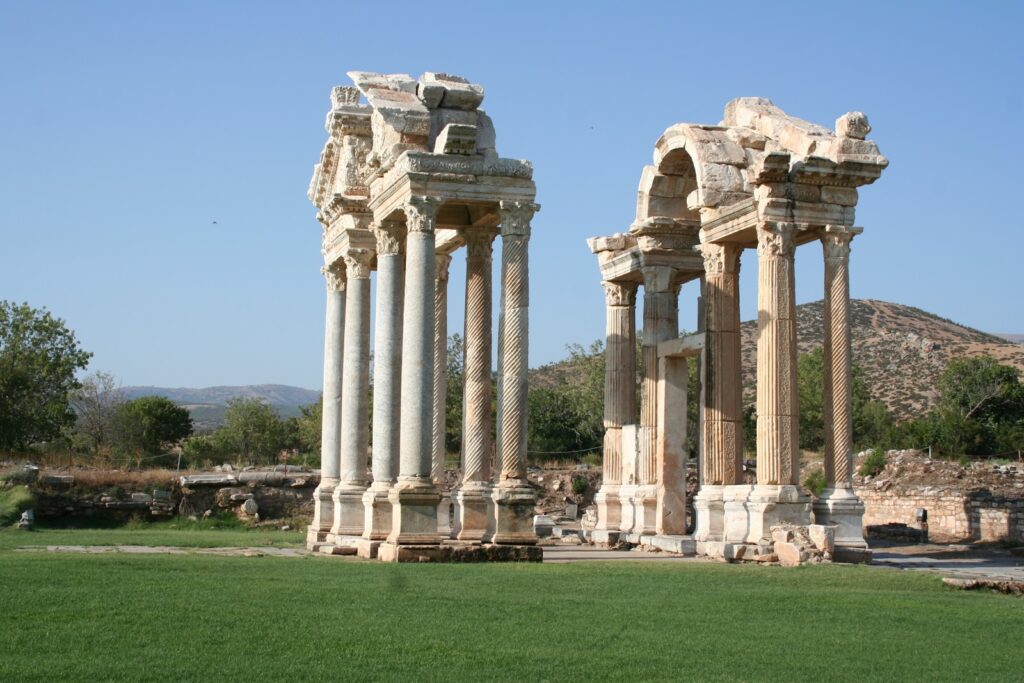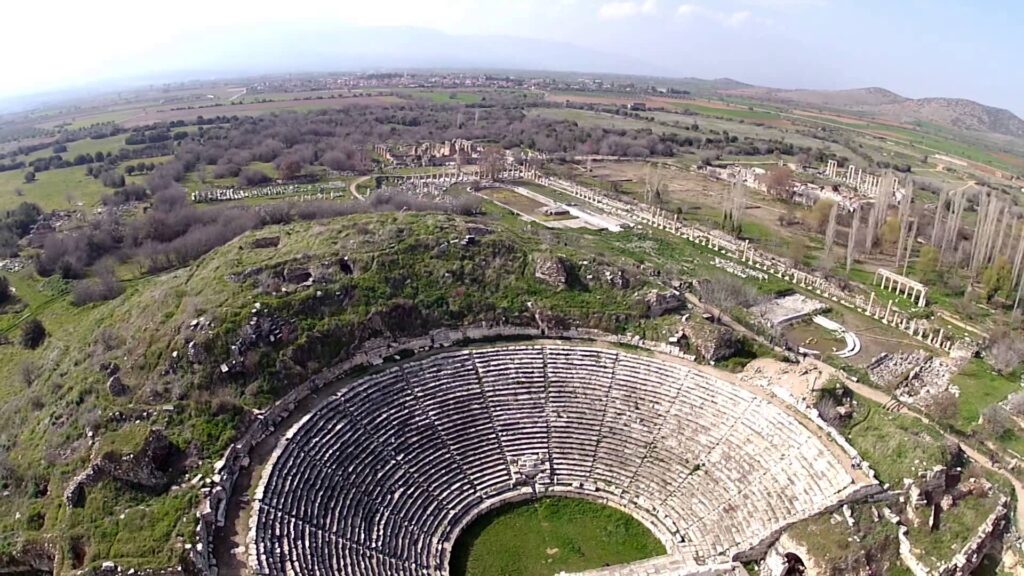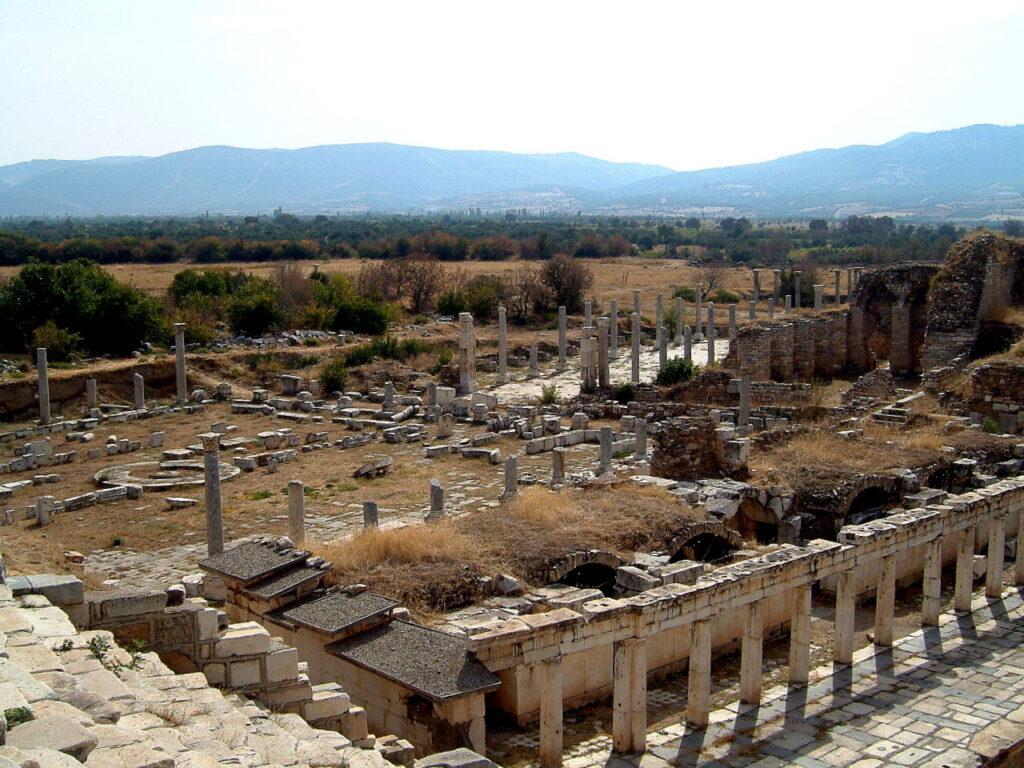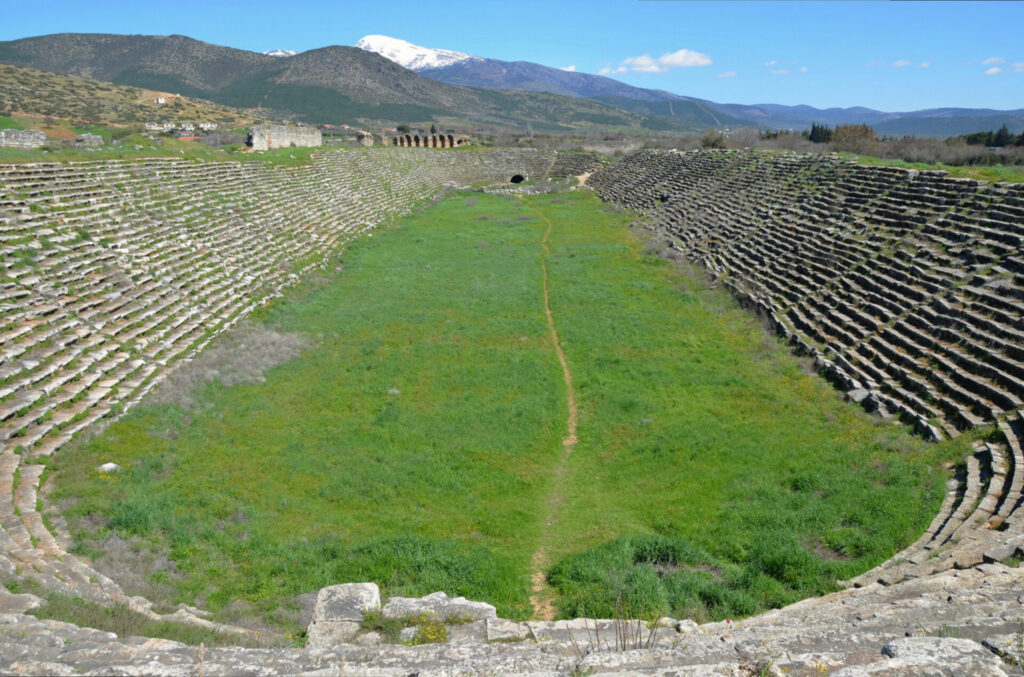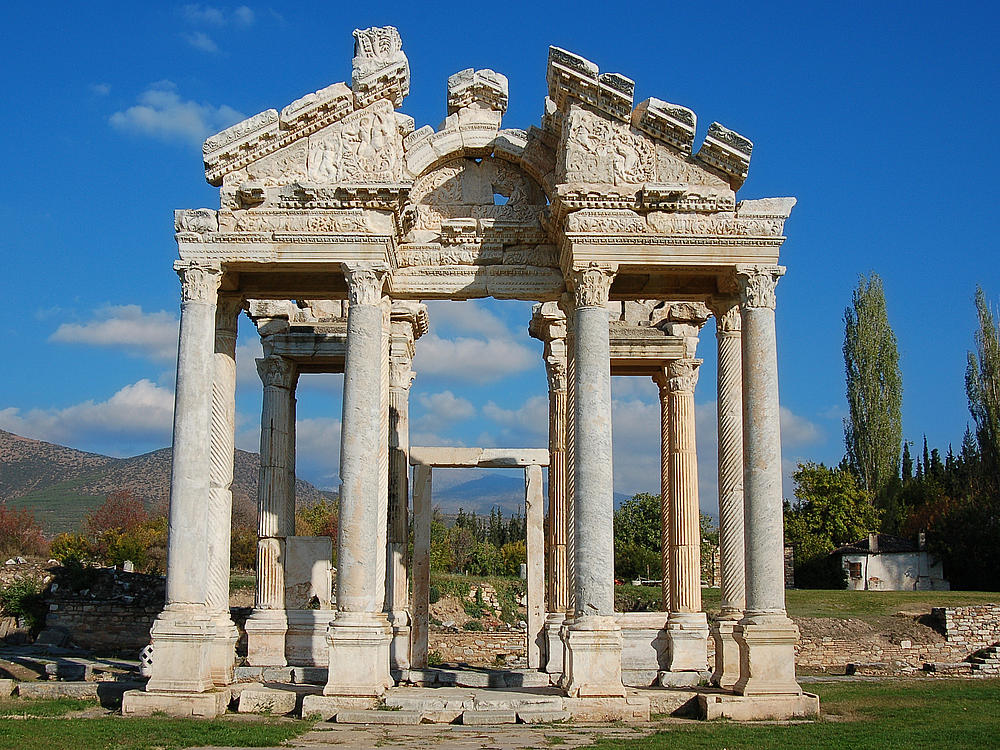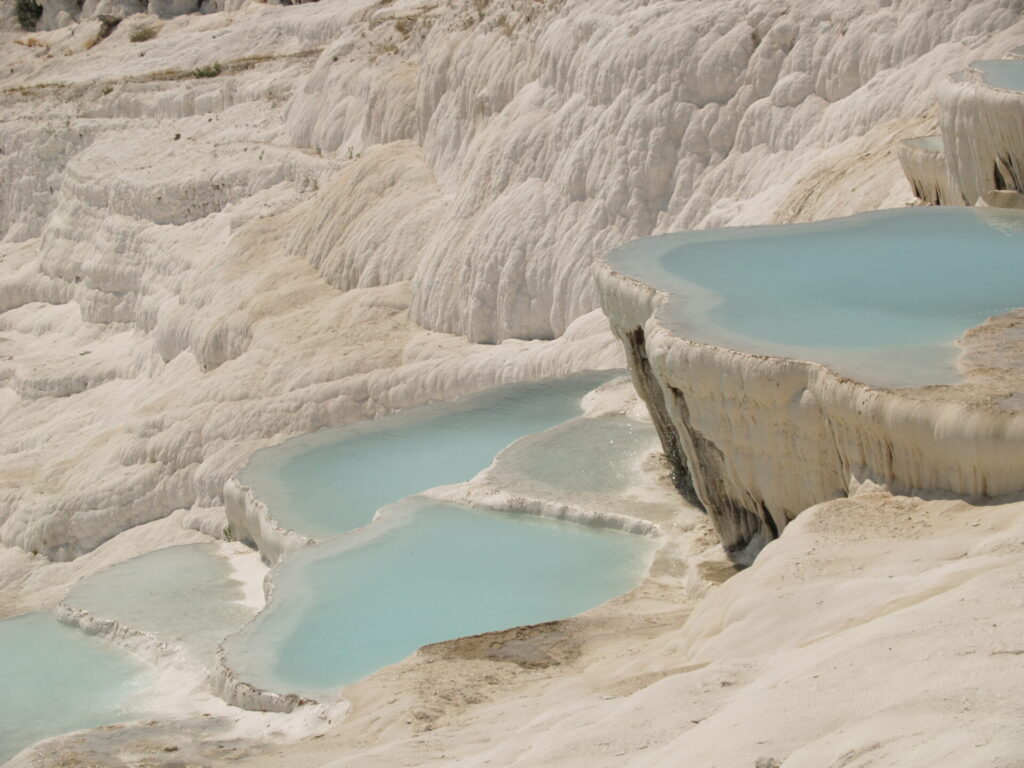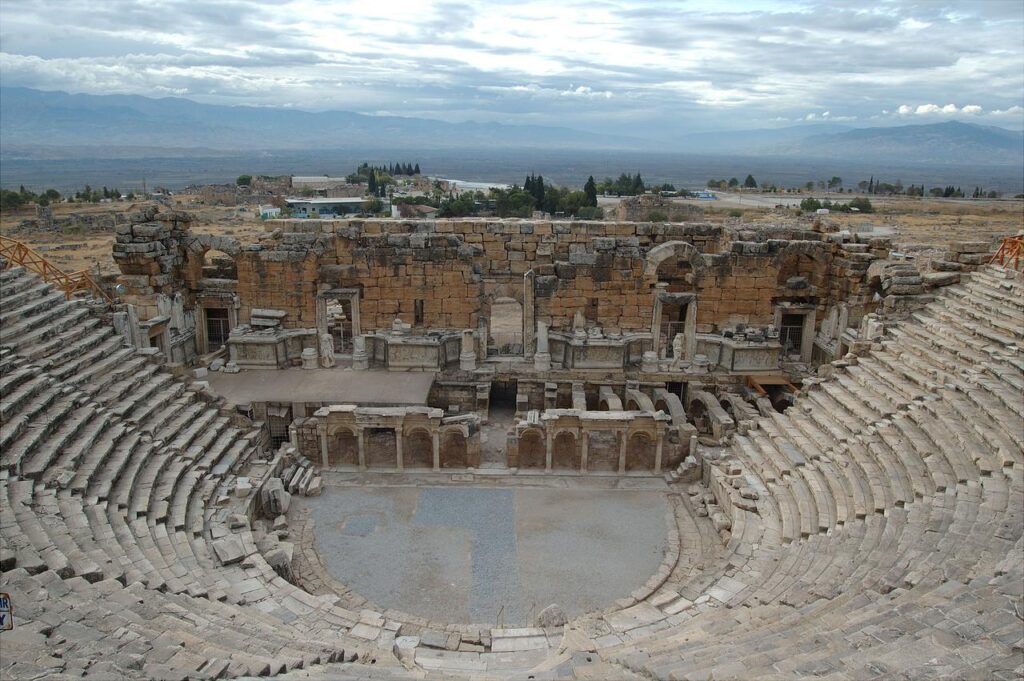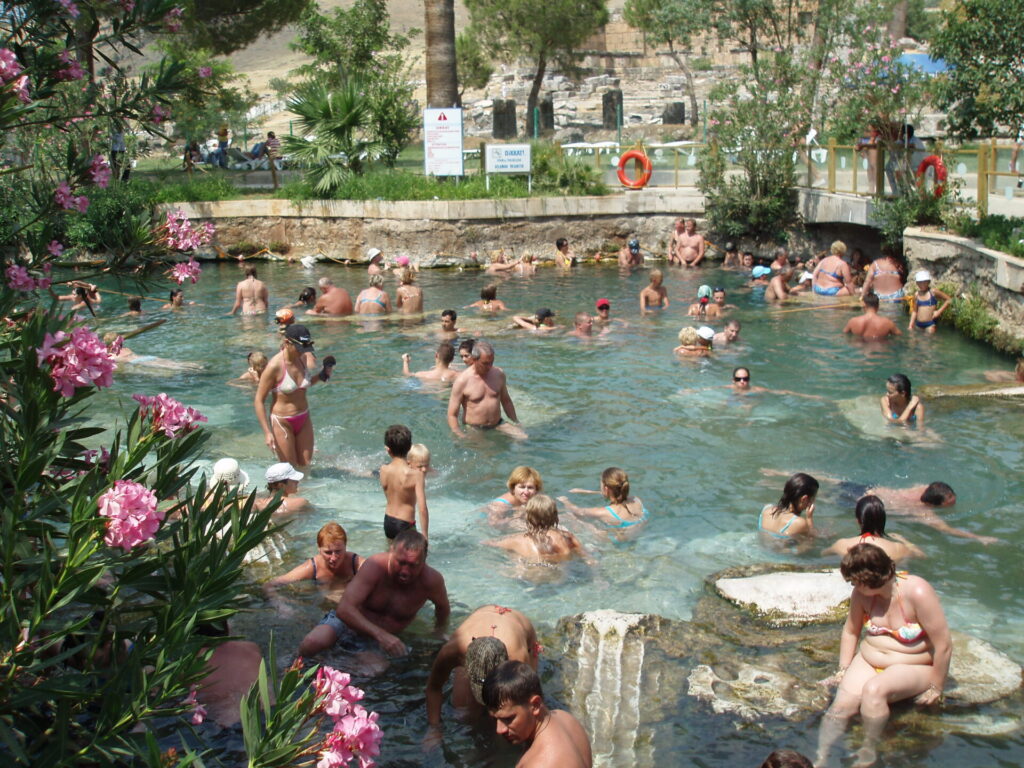- 5
- 23
- 1
- 1
- 1
- 1
- 42
- 11
- 0
- 2
- 2
- 1
- 1
- 2
- 3
- 16
- 2
- 2
- 5
- 96
- 6
- 1
- 1
- 1
- 1
- 2
- 1
- 5
- 1
- 1
- 21
- 1
- 3
- 1
- 2
- 1
- 2
- 100
- 2
- 54
- 6
- 1
- 155
- 5
- 29
- 1
- 30
- 5
- 4
- 0
- 2
- 2
- 2
- 4
- 0
- 1
- 5
- 6
- 11
- 15
- 23
- 90
- 3
- 14
- 22
- 17
- 4
Address
Karagozler, Fevzi Çakmak Cd. No:49, 48300 Fethiye/Muğla, Türkiye
Office Hour
- Everyday: 8:30 - 20:00
- Emergency : 7/24

